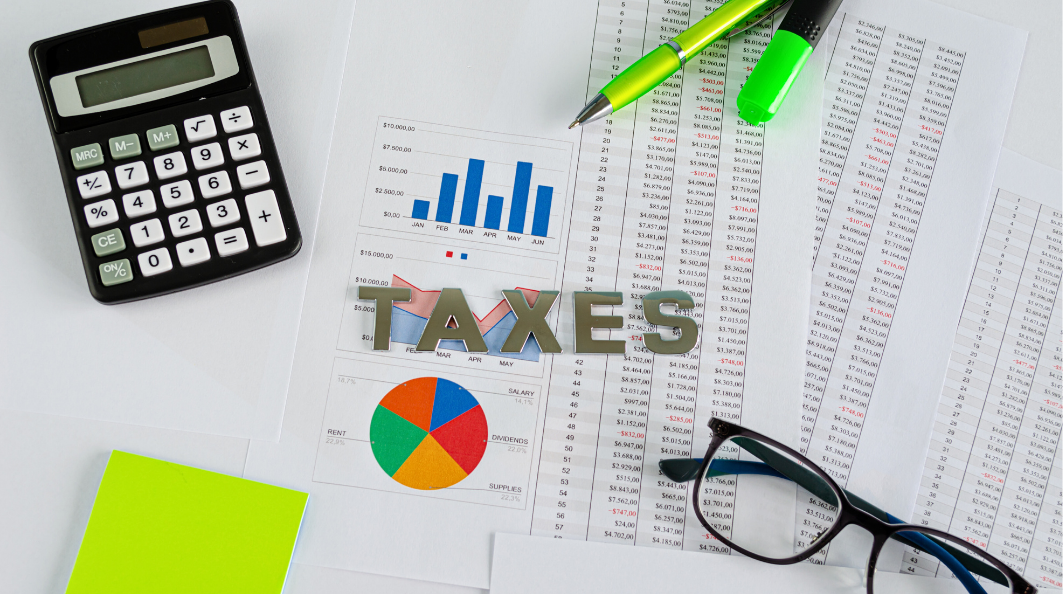Free word search
Category
What Taxes Are Involved When Buying an Apartment Building in Japan?
2025.06.24

When purchasing an apartment building as a rental property, it’s not just the property price you need to consider—various taxes also apply, and they can become a surprisingly large financial burden. In this article, we’ll introduce the key taxes that prospective apartment owners in Japan should be aware of.
1. Stamp Duty (Inshi-zei “印紙税”)
When buying or selling real estate, a stamp duty must be paid by affixing a revenue stamp to the property sales contract signed between the buyer and the seller.
For example, for contracts valued over ¥10 million and up to ¥50 million, the stamp duty is ¥10,000.
Although the standard rate is ¥20,000, a reduced rate is in effect until March 31, 2027.
Likewise, for contracts valued over ¥100 million and up to ¥500 million, the stamp duty is reduced from ¥100,000 to ¥60,000 under the same temporary tax relief measure.
2. Real Estate Acquisition Tax (Fudōsan Shutoku-zei "不動産取得税")
The Real Estate Acquisition Tax is a tax imposed when purchasing real estate. Unlike the Fixed Asset Tax, which is levied annually, this tax is charged only once at the time of purchase. It applies separately to both the land and the building.
The standard calculation method is:
Real Estate Acquisition Tax = Fixed Asset Valuation × 4%
The tax rate is 4% for both land and buildings.
However, a temporary reduction is in place until March 31, 2027, lowering the tax rate to 3% for both land and buildings.
Additionally, if the land is classified as residential land (宅地), the fixed asset valuation used for calculation is halved. Based on this reduced valuation, further deductions may be applied to the final Real Estate Acquisition Tax amount.
For buildings, the availability and amount of deductions vary depending on whether the building is newly constructed or pre-owned, and in the case of pre-owned properties, the year it was built. Deductions and conditions may also differ by prefecture, so it's recommended to consult your local tax office or municipal government for details.
The Fixed Asset Valuation (used for this tax as well as for the annual Fixed Asset Tax) is determined by each city, ward, or municipality based on standardized assessment criteria, and the valuation is reviewed every three years.
3. Registration and License Tax (Tōroku Menkyo-zei "登録免許税")
The Registration and License Tax is a tax incurred when registering property ownership and other legal rights related to real estate. When a property is bought and sold, the buyer becomes the new owner, and it is necessary to perform a “registration of ownership transfer” (所有権移転登記) to officially record the change from the seller to the buyer in the registry.
The Registration and License Tax for ownership transfer is calculated as:
Fixed Asset Valuation × 2%
This tax applies separately to both the land and the building: land: 2% and building: 2% (For new buildings, a reduced rate of 0.4% applies)
.png)
Example Calculation:
If the fixed asset valuation is ¥25 million for the land and ¥50 million for the building (used property):
Land: ¥25 million × 2% = ¥500,000
Building: ¥50 million × 2% = ¥1,000,000
→ Total Registration and License Tax = ¥1.5 million
When purchasing an apartment building with financing (such as an apartment loan from a financial institution), an additional registration for mortgage creation (抵当権設定登記) is also required. A mortgage (抵当権) is a legal right granted to a lender as collateral. This registration shows that the purchased property is being used as collateral for the loan.
The Registration and License Tax for mortgage creation is calculated as:
Loan Amount × 0.4%
Example:
If you take out a loan of ¥50 million, the tax for mortgage registration will be:
¥50 million × 0.4% = ¥200,000
This amount is in addition to the ownership transfer registration tax.
Since the Registration and License Tax can be a significant expense, it is recommended to calculate it in advance to prepare your budget accordingly. Because ownership transfer registration involves both the buyer and the seller, it is common practice to hire a judicial scrivener to handle the process accurately and avoid any mistakes.
4. Consumption Tax (Shōhi-zei “消費税”)
Consumption tax does not apply to the purchase price of land. However, it does apply to costs such as new construction work for apartment buildings, the purchase of used apartment buildings (when purchased from a taxable entity), and real estate agency commissions paid to real estate companies.

5. Fixed Asset Tax (Kotei Shisan-zei “固定資産税”)
Unlike the other taxes introduced above, Fixed Asset Tax is a recurring annual tax levied on property owners for as long as they own the real estate. The tax is charged to the individual or entity who owns the property as of January 1st of each year. However, when purchasing an apartment, it is common practice to prorate the tax between the buyer and the seller based on the date of ownership transfer.
The standard calculation formula is:
Fixed Asset Tax = Fixed Asset Valuation (Taxable Standard Amount) × 1.4%
Note that the actual tax rate may vary depending on the municipality, and may be 1.5% or 1.6% in some areas.
The Fixed Asset Tax is calculated by the municipality in which the property is located. If the total taxable standard amount in one municipality is less than:
¥300,000 for land, or ¥200,000 for buildings, then no Fixed Asset Tax will be levied.
Example:
If you own a parcel of land valued at ¥200,000 and a building valued at ¥150,000 in the same municipality, no Fixed Asset Tax will be charged. However, if you own land valued at ¥250,000 and another parcel of land valued at ¥150,000 within the same municipality, the total exceeds ¥300,000, and tax will be applied.
・Fixed Asset Tax Reduction Measures
There are also tax relief measures available:
For land with residential buildings, the Fixed Asset Tax may be reduced by up to 1/6.
For newly constructed buildings, a 50% reduction in tax may apply.
The land tax reduction has no fixed expiration period and continues as long as a residential structure is present on the land.
The building tax reduction applies for a period of five years for newly built structures.
Purchasing an apartment building in Japan involves several types of taxes. However, understanding these costs in advance allows you to create a more accurate and realistic purchase and financial plan.
We hope this article serves as a helpful reference for your investment journey.
Related Articles


(1).png)